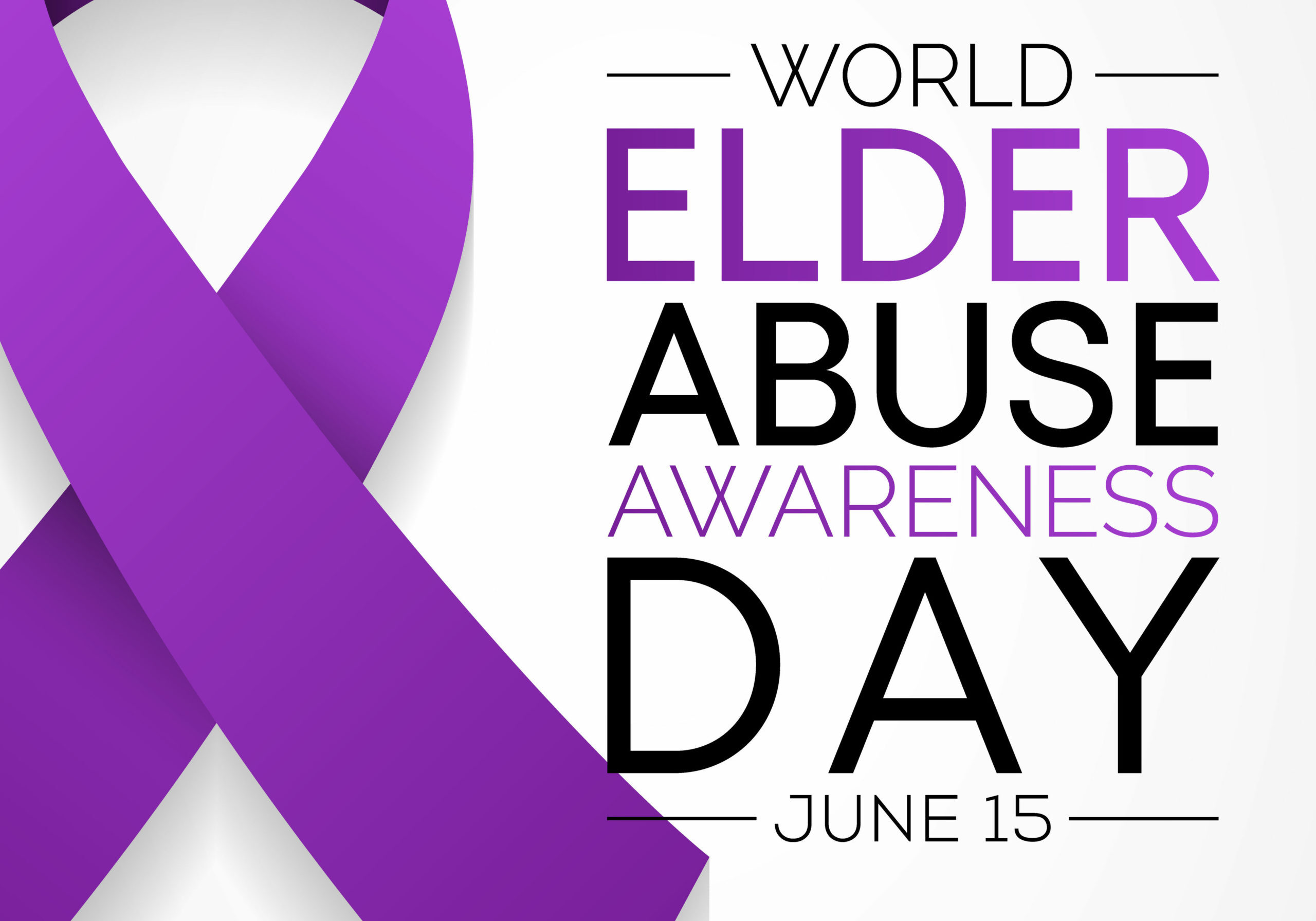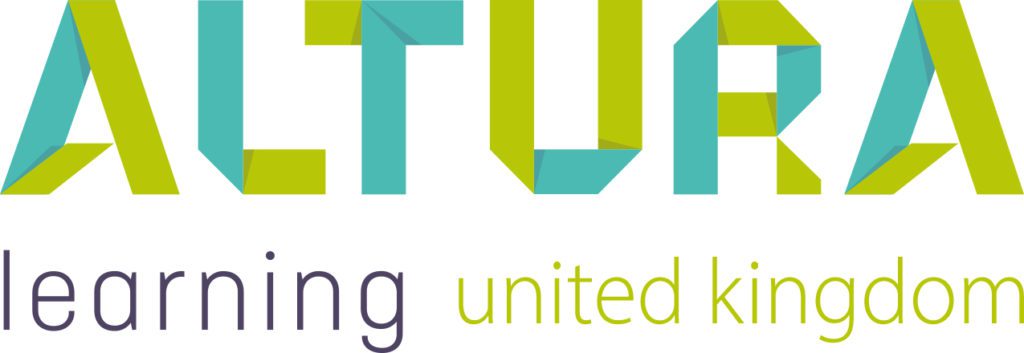Home | Altura Blog |
World Elder Abuse Awareness Day
May 26, 2021 | Altura Blog
Topic:
s
Elder abuse can be defined as “a single, or repeated act, or lack of appropriate action, occurring within any relationship where there is an expectation of trust which causes harm or distress to an older person”1. Whilst it is hard to accept that someone would want to deliberately cause harm and distress to an older person, it is still identified as an increasing, widespread problem.
June 15 is World Elder Abuse Awareness Day and represents the one day in the year that the world unites and voices its opposition to the abuse and suffering inflicted upon older generations. Evidence suggests that elder abuse occurs globally in both developing and developed countries but the rate of occurrence is underestimated or hidden from society2. Whilst the full extent of elder abuse is unknown, the moral and social significance has engaged international response to protecting the health and human rights of older people.
COVID-19 has had an extensive impact on older individuals’ wellbeing, due to their higher risk of morbidity and mortality following infection; as well as the increased social restrictions they have faced. With the resulting lockdown, increased isolation and reduced care, violence against older individuals has risen3. Recent studies have estimated that 1 in 10 older adults will experience abuse during their lifetime, with 9 out of 10 elder abusers being the victims’ relatives4.
Health and social care organisations must ensure they and their staff are equipped with the right tools to identify, minimise and prevent abuse happening to those who are most in need of protection.
The Altura Learning libraries have a range of courses on safeguarding and abuse, including our residential course – Safeguarding Adults at Risk and home care course – Recognising and Responding to Abuse.
Both courses provide practical strategies that can be used by all staff in their day to day role, enabling them to recognise, report and prevent abuse occurring. Learners will explore the different types of abuse, the signs and symptoms and what action to take if abuse is suspected or disclosed. It also discusses how staff can empower individuals and promote a positive culture based on dignity, respect and personal choice.
1 https://www.un.org/development/desa/ageing/world-elder-abuse-awareness-day.html
2 https://www.un.org/development/desa/ageing/world-elder-abuse-awareness-day.html
3 https://www.un.org/en/observances/elder-abuse-awareness-day/
4 https://nationaltoday.com/world-elder-abuse-awareness-day/


